Inferno Canto 30
OVERVIEW
Jennifer Holberg is a Professor of English and Gender Studies at Calvin University as well as the Co-Director of the Calvin Center for Faith and Writing. She is interested in the intersection of faith and literature, and she is the author of Shouts and Whispers: Twenty-One Writers Speak about their Writing and their Faith.
Questions for Reflection
- In addition to alchemy from the previous canto, what are the three additional forms of falsification in this malebolgia? In addition to the act of falsifying, is there any other common thread that connects these various acts?
- Who is Master Adam, what was his sin, and what associations might Dante be trying to make between this new Adam and the first Adam? Is Master Adam in any way an infernal parody of Jesus, the true Adam?
- How do we see the vice of envy at play in Master Adam’s feelings about his former employees (who got him killed)? Why might envy play such a vivid role in this canto? How does envy poison our ability to acknowledge our own failings and take ownership of them?
- Who is Sinon and how is his name a kind of moral indictment against him (Si/non)? What were the political and spiritual consequences of both Potipher’s wife’s lies and Sinon’s falsifications?
- How does the Pilgrim backslide a bit in his moral judgment at the end of the canto? How does Virgil’s rebuke correct him?
DETAILS
- Dr. Jennifer Holberg
- Calvin University
- Run Time 11:34








